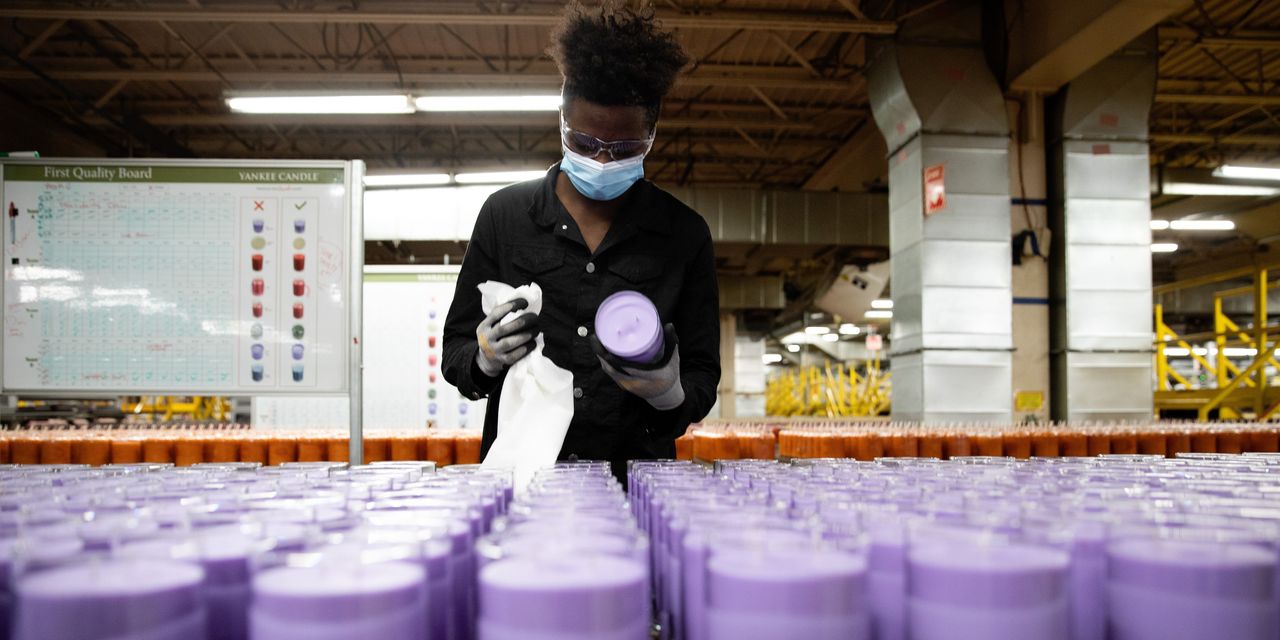Retailers and suppliers say it didn’t pay to offer products for everyone, and customers didn’t care that much when they stopped
The furniture retailer Malouf sells beds and bedding in a fraction of the colors it did a few years ago. Newell Brands, the Sharpie maker, has retired 50 types of Yankee Candle. Coca-Cola offers half as many drinks.
Covid slashed consumer choices as companies pared their offerings to ease clogs in the supply chain. The logistical mess is behind them. But many of the choices aren’t coming back.
Retailers and suppliers across industries—from groceries to health, beauty and furniture—have said that it didn’t pay to offer products for everyone, and consumers didn’t care that much when they stopped.



I think that voting with your wallet is yet another part of the delusion. It’s portrayed by traditional economic theory as fairly universally applicable with some exceptions. I think the reality is showing it might be the other way around. That it works in a limited set of cases and it doesn’t in most. If you think about it, if voting with your wallet works for a set of goods, then that has to be a competitive market. Then voting with your wallet should be able to produce winners and losers. What often happens to the losers is them or their productive assets getting scooped up by the winners. In either case that makes the market less competitive. Rinse and repeat until you end up with a single or a couple of choices for that good. E.g. you end up with a couple of grocers.
My “finished econ 101 on the second try with mediocre grades” knowledge says that new companies should get created to compete against the winners if they start abusing the paradigm. In reality, I of course see companies raising the barrier to entry through vertical integration and regulatory capture, among other things.
This article is about this happening less because it isn’t profitable.
Exactly. Market failure is described in econ 101 but as I remember it, it’s not emphasized as the typical case but rather as the exception. In reality it seems like it’s the other way around. Which … makes sense … given that competition is not efficient for maximizing profit among other variables.